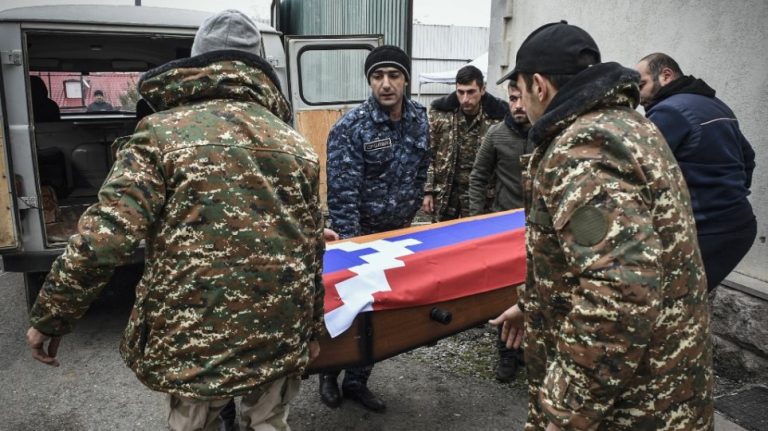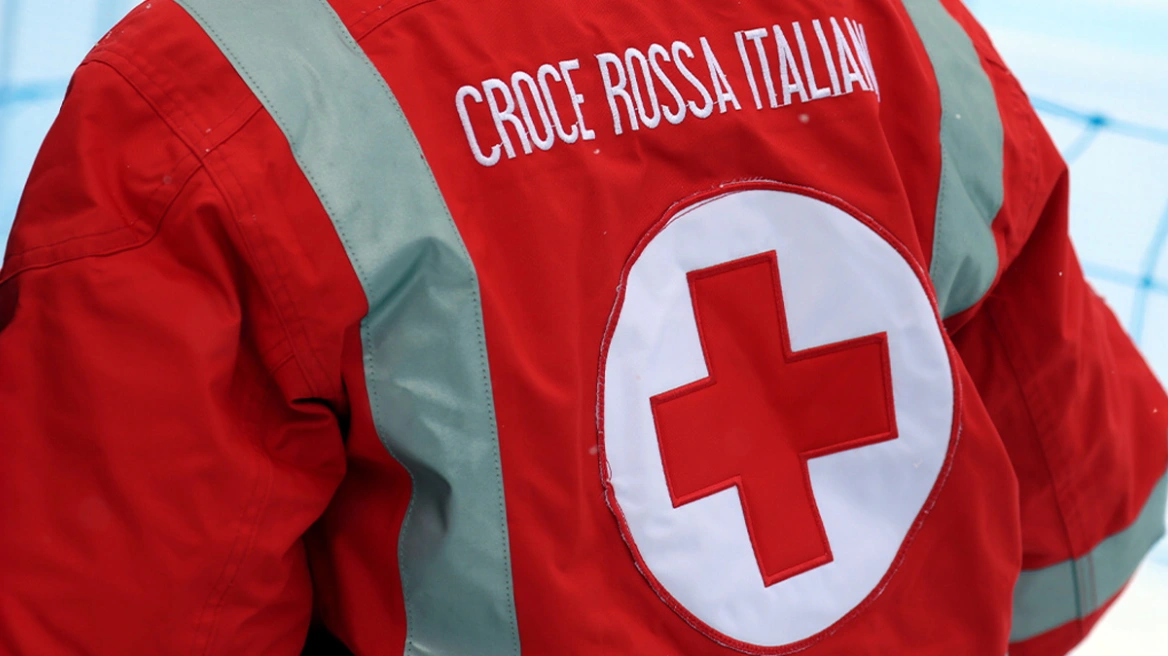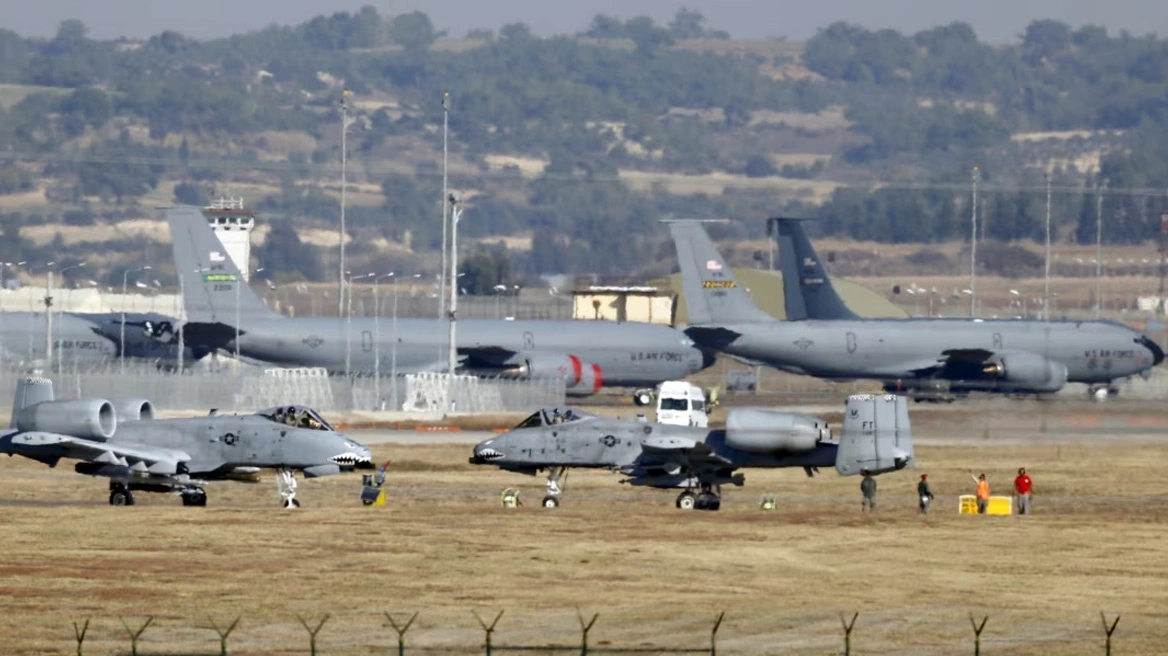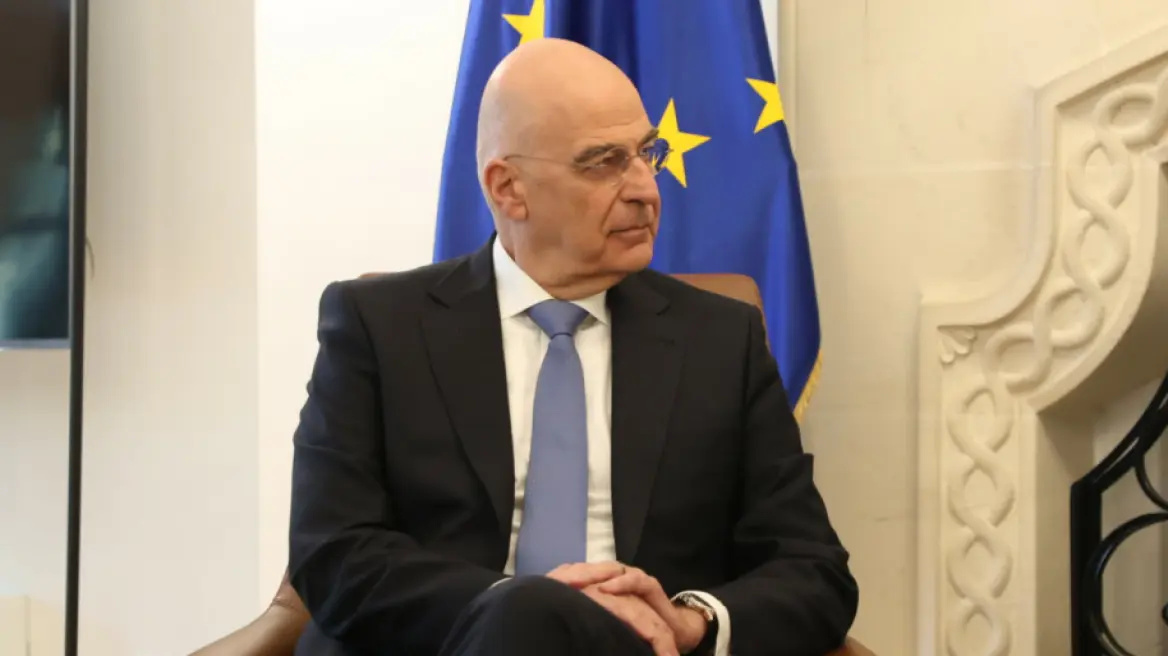If you haven’t seen this harrowing BBC report from Nagorno-Karabakh yesterday, you should. Filmed as ethnic Armenian fighters and civilians withdraw from the disputed enclave yesterday, it shows Armenians praying for the last time in the medieval Dadivank monastery, a symbol of their ancient cultural and historic presence in the region, and burning down their houses before Azerbaijani troops, as well as ethnic Azeris forced out in 1994, roll in.
The six-week war was a sharp shock for Armenia, but it has lessons for the wider world. Perhaps 2,000 ethnic Armenian fighters were killed by the technologically vastly superior forces of Azerbaijan, whose Turkish and Israeli combat drones eviscerated first Armenian armour and artillery and then the outmatched troops huddling for cover in their trenches.
Despite a dogged defence which inflicted heavy (though unknown) casualties on the attacking forces — the technological imbalance was just too great. Azerbaijan, rich with oil wealth and backed by Turkey, simply had more resources to bring to the battle than Armenia, which had failed to modernise its armed forces in the generation since the last Nagorno-Karabakh conflict.
NSA Spied on Denmark as it chose its Future Fighter Aircraft: Report
But perhaps the real lessons are political: Armenia, a fledgling democracy under the pro-West reformer Nikol Pashinyan, was humiliated by the Azerbaijani dictator Ilham Aliyev, and his sponsor the Turkish autocrat Recep Tayyip Erdogan. Western capitals and human rights organisations had encouraged Pashinyan’s drive towards a looser relationship with Putin’s Russia — still the hegemonic power in the South Caucasus — and had lauded the Armenian leader’s democratic reforms and his push for a closer relationship with the EU and NATO.
Read more: Unherd
Ask me anything
Explore related questions





